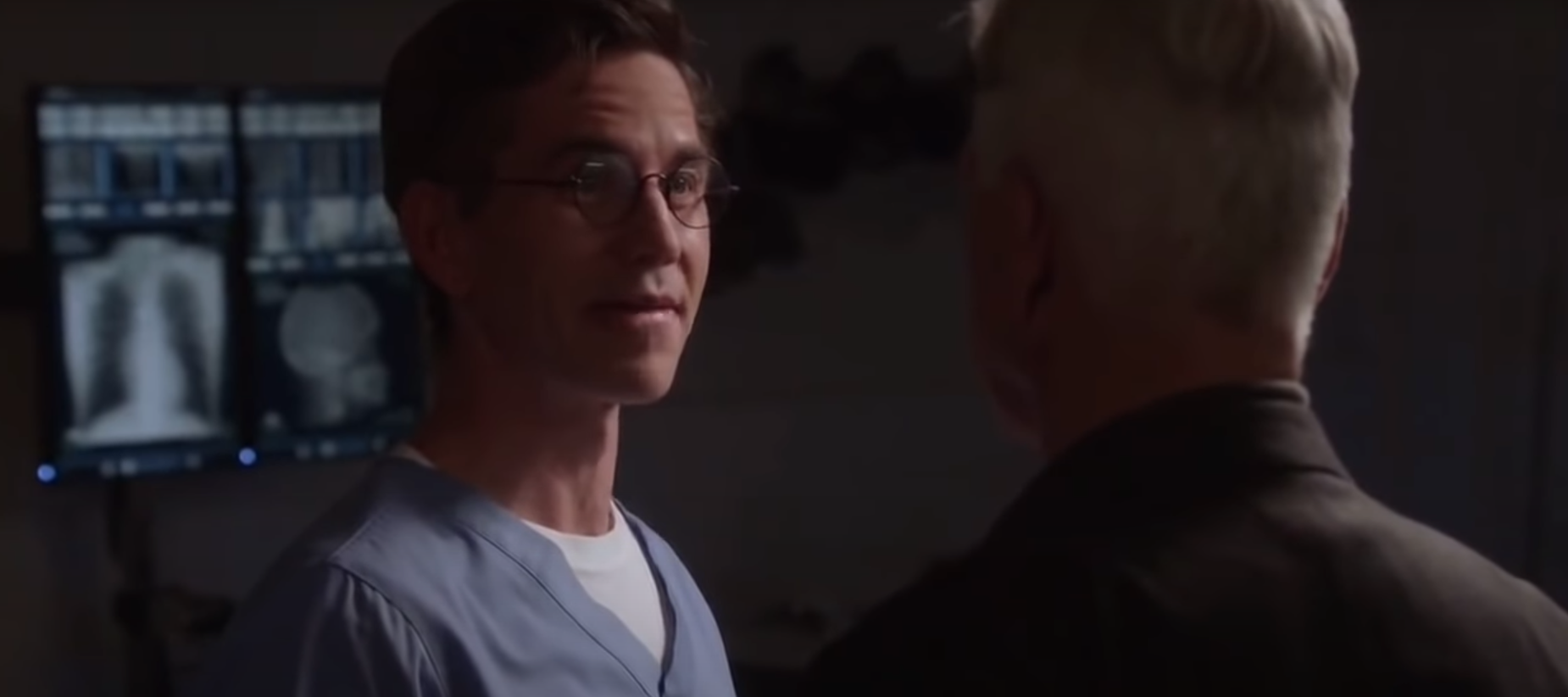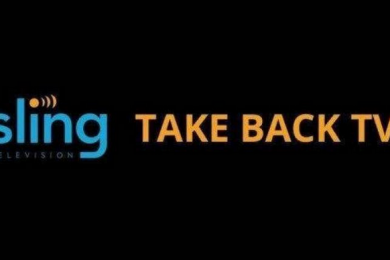NCIS is one of many shows which is filming during the pandemic, with storylines being included as part of their approach. Not only are the cast engaging in social distancing measures, but viewers will see the impact of COVID-19 on their screens too.
A recent episode of the show revealed that Jimmy Palmer lost his wife to coronavirus. When Bishop asked Palmer if his mother would be living with him more permanently, this is when he took the opportunity to break the news.
He said: ‘You guys were so great when, you know…I lost Breena. But between work, single parenting, school, it just got to be too much. So, I called in a lifeline.’
In an interview with ET, actor Brian Dietzen revealed how the storyline provides the chance for his character to grow. ‘We can see within this week’s episode that Jimmy is trying to keep whatever happiness he can, trying to say, ‘Hey, my glass is half overflowing here. I’m doing really great,’ while we as the audience can see that that may not be the case.’
‘He’s doing whatever he can just keep his head above water. But there’s only so long that that can happen before there’s going to be a certain breaking point.
‘Unfortunately in our country — and across the world I should say — that’s been the case for a lot of folks who have dealt with COVID so closely. Certainly as a medical examiner, he [Palmer] would have dealt with the lines on his face from his N95 mask he’d worn 12, 14 hours a day dealing with bodies.
‘And a lot of times these folks who are working closely with COVID, whether it’s a medical examiner or respiratory doctors, pulmonologists, they have lost people in their lives because of their proximity to the disease. Prior to the vaccine, there was no way to protect other people from it, aside from the prophylactic procedures of masks and gloves.
‘I think that was one of the interesting and obviously heart-breaking things about this disease that we’ve all seen, is these people on the front line were working as doctors who are working as EMTs who have had to go through heartbreak on their own.
‘And yet they’re asked to just continue working because if they stop working, then we don’t have our frontline there for us anymore. In many ways, this episode turned out to be a recognition of people who have lost others during this pandemic.
‘If you wanted to get more specific about it, it’s about our frontline workers and about people who have helped us deal with this pandemic going through their own trials and continuing to show up for the rest of us.’



















